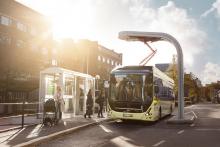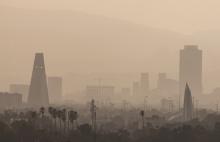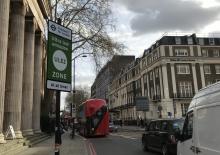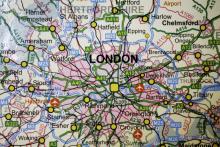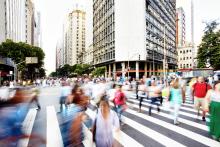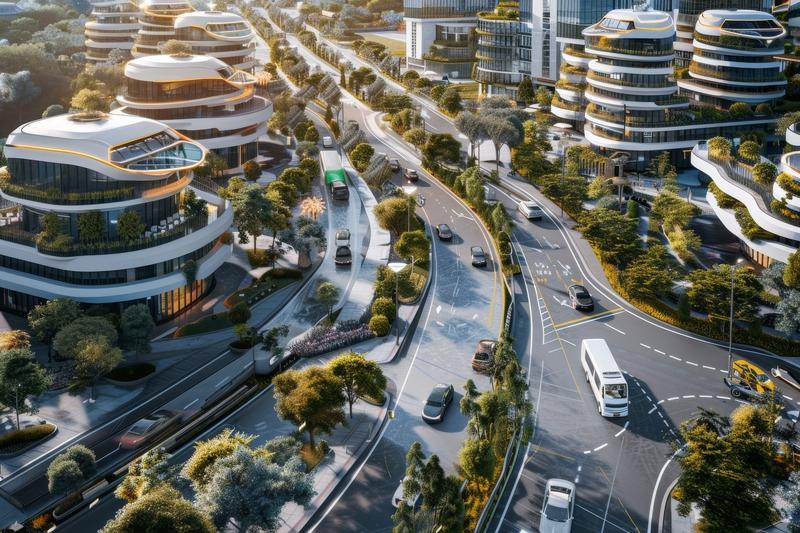The partners worked with air quality specialist Hawa Dawa in a four-week project in Munich to prove that intelligent traffic control can help cities become more sustainable.
Siemens says initial results for more than 1,600 drivers in the German city showed savings of 83 kg of carbon dioxide and 114 g of nitrogen oxide as well as a reduction of 633km driven.
If the programme were to be scaled to 20,000 drivers, the savings would be the equivalent to planting more than one acre of forested land, the company suggests.
Hawa provided pollution forecasts to Siemens’ ITS digital lab in Munich, where data scientists and traffic management experts analysed the data with anonymised trip data from the smart car platform Ryd to predict individual routes and suggest ‘green’ alternatives. These routes were then provided to Ryd users via an app before they started their journeys.
Ryd users can use the app to receive information on car’s health such as fuel consumption, battery life and fuel in level in the engine.
Drivers were incentivised to use alternative routes by participating in a competition in which they received Amazon vouchers.
Michael Peter, CEO of Siemens Mobility, says shaping connected mobility will improve the efficiency of transportation and its impact on the environment.
Karim Tarraf, Hawa Dawa’s CEO, says: “We believe eco-routing at the individual vehicle level has extremely high potential as a policy option in tackling unacceptable levels of traffic-related air pollution in cities.”
Siemens Mobility project uses rerouting to improve air quality in Munich
Up to 40% of drivers are willing to help reduce air pollution when provided with alternative routes on ThinxNet’s Ryd platform, says Siemens Mobility.
The partners worked with air quality specialist Hawa Dawa in a four-week project in Munich to prove that intelligent traffic control can help cities become more sustainable.
Siemens says initial results for more than 1,600 drivers in the German city showed savings of 83 kg of carbon dioxide and 114 g of nitrogen oxide as well as a reduction of 633km driven
Up to 40% of drivers are willing to help reduce air pollution when provided with alternative routes on ThinxNet’s Ryd platform, says 120 Siemens Mobility.



